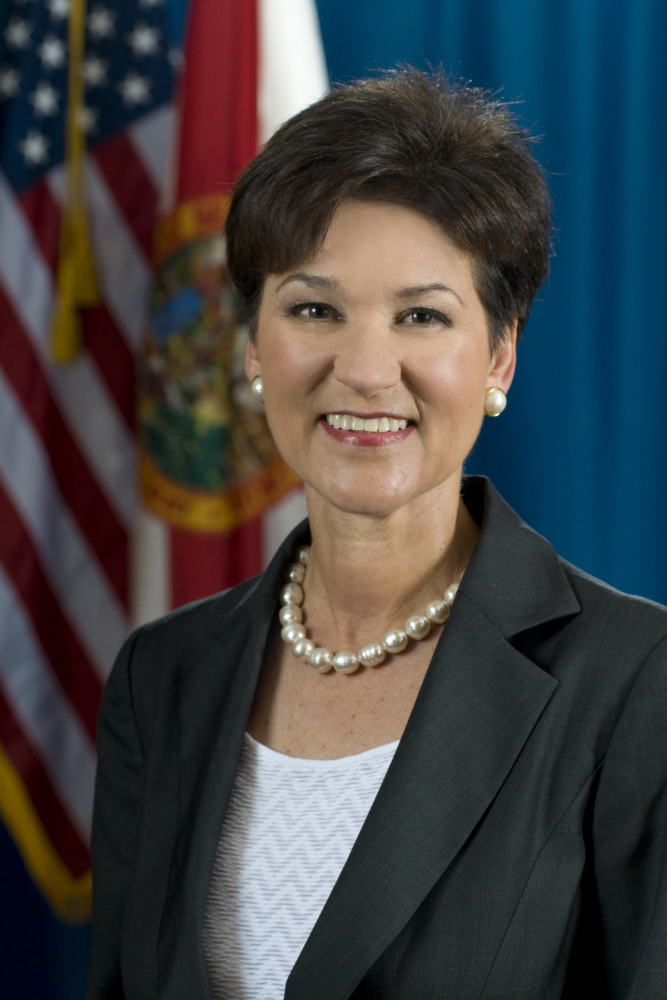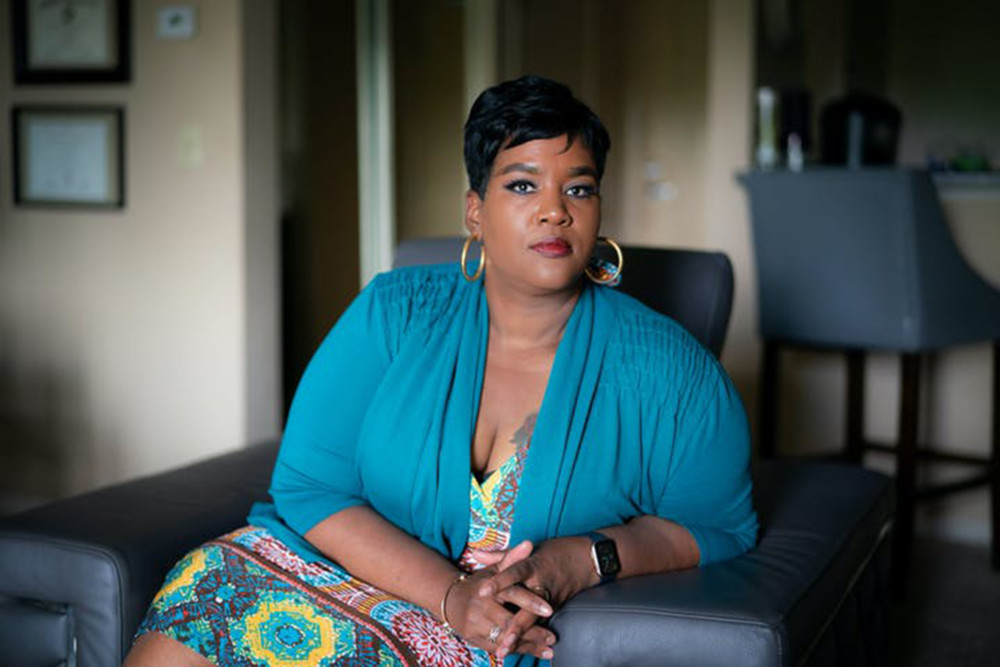By Kate Bradshaw
Tampa Tribune, Fla.
ST. PETERSBURG
Before she tells a crowd about her hometown, Alex Sink calculates the mean age of the people there.
If the crowd skews a little older, she’ll ask if they remember “The Andy Griffith Show” — Griffith, after all, based his fictional town of Mayberry on Mount Airy, N.C., Sink’s hometown.
Adelaide “Alex” Sink was born there on June 5, 1948, to Adelaide and Kester Sink. Her great-grandfather was Chang Bunker, who performed in the circus with his conjoined brother, Eng, as the original “Siamese Twins” before settling in the country in North Carolina.
Now 65, Sink grew up just outside of town on a tobacco and corn farm, where she and her sister would help in the fields. It’s a far cry from crowded Pinellas County, which she hopes to represent in U.S. House District 13.
Mount Airy was an idyllic start for one of Florida’s top Democrats, seemingly incongruous with the dynamic life that has ensued for Sink, one packed with travel, activism and, at times, tragedy. And now one that includes running for the District 13 U.S. House of Representatives seat against Republican David Jolly and Libertarian Lucas Overby in a March 11 election.
Sink wasn’t born into money. They had a black-and-white television on which they would watch “The Ed Sullivan Show” each Sunday — she remembers the Beatles’ first performance 50 years ago — but life was simple with few distractions.
Sink attributes her academic success in part to growing up in a remote place, where studying was pretty much the only thing to do.
“She was what I called ‘the brain’ in school,” said Bill Francisco, who grew up in Mount Airy and whose parents were close with Sink’s. “She was one of the real smart girls, and that kind of intimidated me.”
Sink’s mother was president of the Democratic Women’s Club and hosted congressional candidates passing through town. They would sit on the front porch, she said, and try to cajole her into running for something. “She wasn’t an office holder because when I grew up there were no women office holders,” Sink said.
Her mother did, however, go on to become the first female state insurance commissioner. Sink said her mother probably would have run for office eventually had she not died so young, when Sink was only 19.
She thinks her own political endeavors would have pleased her mother.
“My sister sent me a text message after our first debate that said, ‘Our mother would be so proud,'” Sink said. “She’d love it … . She’s up in heaven cheering me on.”
Although politics were always on Sink’s mind, it took a while for her to immerse herself. She majored in math at Wake Forest University.
She didn’t stick around North Carolina very long after college, despite a job offer from IBM. She jetted off to West Africa with her first husband, who was working for Texaco. She taught at girls’ schools in several countries, including Liberia and Sierra Leone. She called the three years she spent there “a big eye-opener.”
“Obviously there was a lot of poverty around, but rich, rich culture,” she said. “The African culture was huge and rich; It was about all things tribal and art. (There were a) lot of Muslims there, so that was my first exposure to a different world religion.”
Sink organized bridge games for the other ex-pats, and made some lifelong connections.
“There weren’t that many Americans at the time so you tend to band together,” said Maggie Brown, who met Sink while she was in Africa with her husband, a banker. “I saw immediately how smart and quick she was.”
Sink spent three years there before deciding to come back to the states. Her first husband wanted to stay, so they divorced.
Shortly after her return, she was hired by North Carolina National Bank as an analyst. She was based in Charlotte and studied the demographics of towns throughout the state to determine where new branches would succeed. The bank was absorbed by Nations Bank, which later absorbed Bank of America and took its name. She climbed the company ranks, which led her to New York City and then Miami. Save for her time in New York, she was consistently engaged in politics, starting as an advocate for the Equal Rights Amendment in North Carolina, she said.
She was introduced to Tampa lawyer Bill McBride in the early ’80s when she was living in Miami.
“When I went to Miami, the president of the bank, who recruited me to Miami, said he wanted me to meet the most eligible bachelor in Florida,” she said. “That happened to be Bill. So we met, and the rest is history.”
The two were married and had two children, Bert and Lexi. They moved to Thonotosassa in rural Hillsborough County. McBride, an active Democrat known for his gregarious personality and fundraising prowess, ran for governor in 2002 and lost to Jeb Bush.
In 2006, with some convincing from former state senator and education commissioner Betty Castor, Sink ran for state Chief Financial Officer.
“I just had a lot of reasons to think positively about Alex,” Castor said. “Alex is very bright, she is very cautious. She wanted to know everything about the office and she studied and studied.”
She succeeded and was one of two Democrats elected to statewide office at the time, along with U.S. Sen. Bill Nelson. When former Gov. Charlie Crist said he wouldn’t run for a second term, Sink ran for governor in 2010, and lost to Rick Scott.
She returned to the private sector and headed the Florida Next Foundation, which gives grants to entrepreneurs to encourage innovation. There was talk of a rematch between Sink and Scott, which tragedy soon overshadowed.
Just days before Christmas 2012, McBride died suddenly of a heart attack. They had been visiting Sink’s family in Mount Airy for the holidays when it happened.
“We had a great life together for about 28 years, and I really miss him,” she said. “He was a great father and a fantastic leader and built an enormous law firm.”
She announced in September she wouldn’t run for governor, but a month later she began to consider the District 13 seat when Congressman Bill Young announced his retirement then died in October. Although it has been rumored she was pressured into the race, Sink maintains she decided to run for the seat out of frustration with Congress.
She rented a condominium in Feather Sound and moved from Thonotosassa in November. She said running in a district rather than statewide race is a better for her.
“When you’re running for governor you’re just running around the state and don’t have time to really build in-depth relationships like in a congressional race,” Sink said. “You can get really embedded in the community. And I get to sleep in my own bed every night.”

















































































































































































































































































































































































